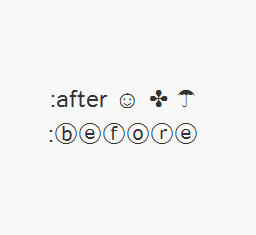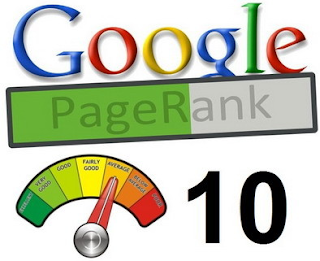 Guest Post -
Guest Post - Our host is
Ben Taylor, Ben is taking a look at the changes we can expect to social media in 2014.See How To
Become a guest author on Spice Up Your Blog.
October was a big month for social media.
Twitter finally ousted HootSuite and other third-parties by introducing its own Scheduled Tweet program. It also added the option of allowing people who follow you to send you direct messages (you used to need to be following them first).
Facebook, meanwhile, has added the ability to edit posts.
Google+ is also creeping into other Google properties, requiring the use of real names in comments and posts.
So what do these changes mean for bloggers? Will they need to change their
social media tactics to benefit from these newest steps? Let’s look at each platform and examine how a blogger’s day-to-day might change.
TwitterFirst, the addition of Scheduled Tweets to Twitter will simply make it easier to schedule Tweets concerning articles and webcasts for those who already do so via HootSuite. For those who haven’t been using HootSuite, of course, this can be a golden opportunity to begin scheduling Tweets to increase their blog’s visibility. Take care when scheduling Tweets, however- if you make a blunder or Tweet in poor context, you’ll find yourself under fire faster than you can delete the offending message.
Guest posting has become important for both marketers and for bloggers. The influx of fresh content, sometimes quality and sometimes not, is a good way to make sure that your blog is always up-to-date. Twitter’s move to optionally allow followers to be able to direct message you could be a godsend for bloggers who want to encourage easily filtered guest post offers, especially around the holidays when time to post is scarce. This new feature, paired with an announcement on your contact page, could make for very easy perusing of guest post ideas- all people must do to pitch is follow you and send a direct message to you with a short pitch and their email.
 Facebook
FacebookObviously, the ability to edit statuses will cause a good amount of havoc. Once a post has been changed, any replies to it won’t make sense anymore. However, bloggers can use this ability to their benefit. This is good for bloggers because nothing hurts traffic worse than misinformation. Adding hashtags or adding a note about a significant reblog or comment can also increase your traffic without needing to make a new post altogether.
Also, if you’re posting a snippet of an article onto your Facebook page to increase prominence, it’s comforting to know that you can edit that snippet if you need to improve the grammar or change the URL. Especially if you need to change something for accuracy in an article, it’s important to be able to edit your Facebook post as easily as you can edit the article, itself.
Google+ and YouTubeAlso in the social media news, there has been much nay saying concerning Google’s ambition to connect all of its services and force users to post everything under their real name, notably YouTube comments. Google has been trying to boost its social media platform, Google+, to little success in the past 2 years. The incorporation of YouTube into this network is a calculated way of ensuring that Google+ gets traffic and becomes more heavily used.
For the average person, this is not a welcome change. For the blogger, however, this can be exceedingly useful. Your most valuable asset when blogging is your reputation and especially your name. Having your name attached to your activities should be a positive when trying to gain traffic to your site. The downside might be a loss of privacy and a need to take more care in what you post. But as successful bloggers are people who manage their online reputations fastidiously, these things shouldn’t be intimidating.
The bottom line is that social media is evolving in ways that benefit bloggers. That is, if you’re willing to put in just a little extra effort.
 By Guest Author - Ben Taylor
By Guest Author - Ben Taylor is a social media studying, coffee drinking, hat wearing child of the digital age. He currently writes for
social media optimization company, Eloqua.
Libellés : Facebook, Google-Plus, Social-Media, Twitter


























 By Guest Author -
By Guest Author - 
